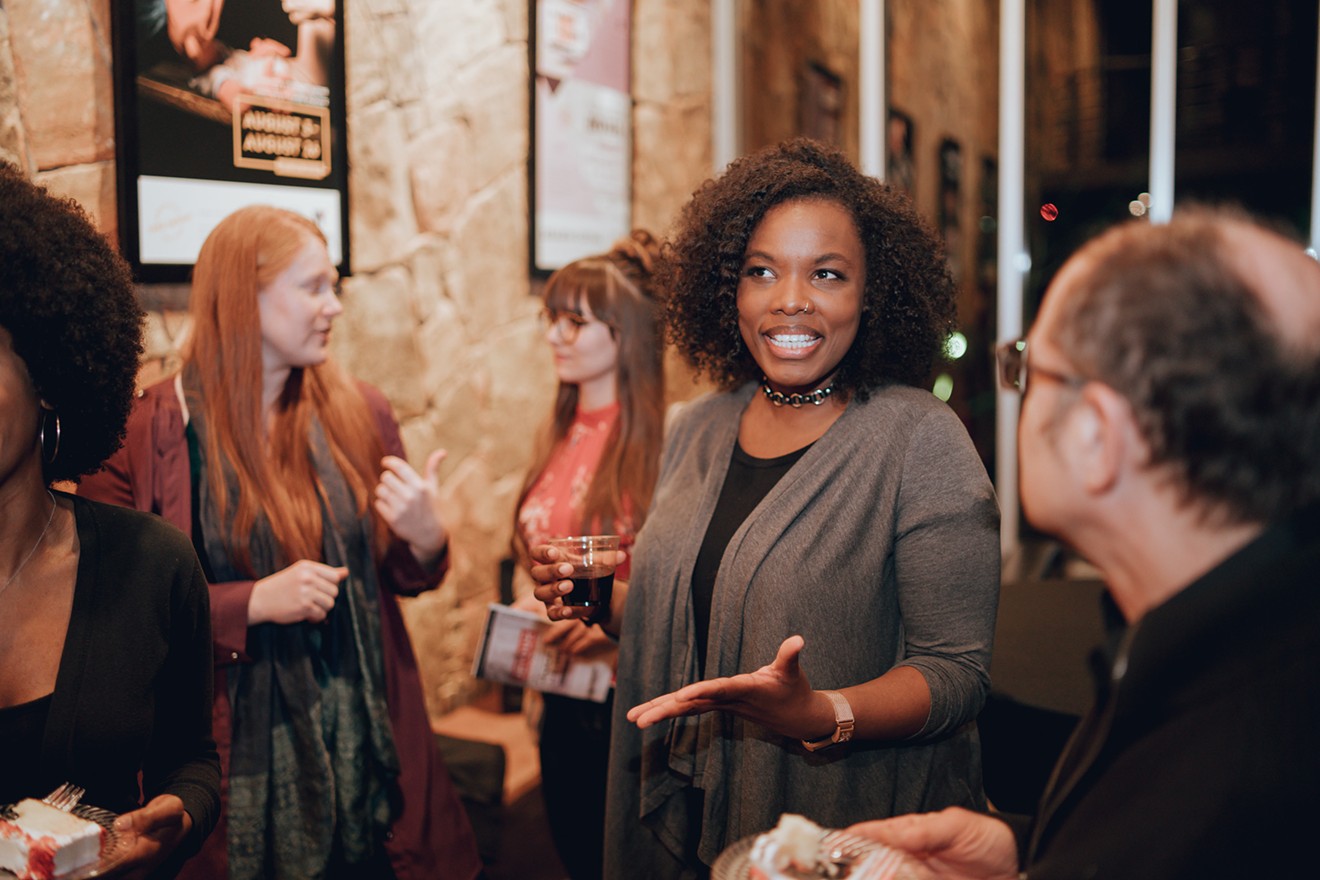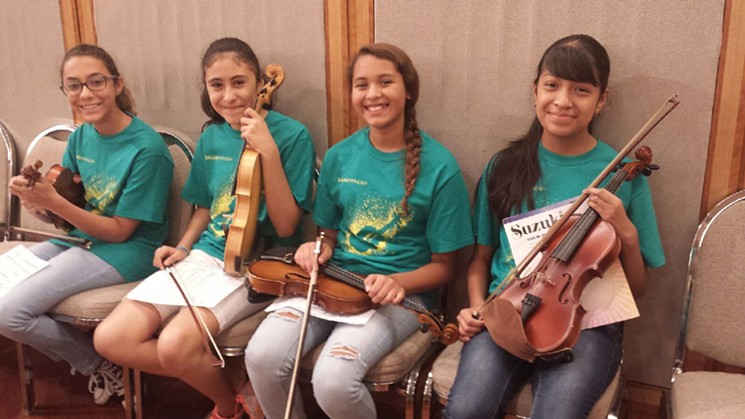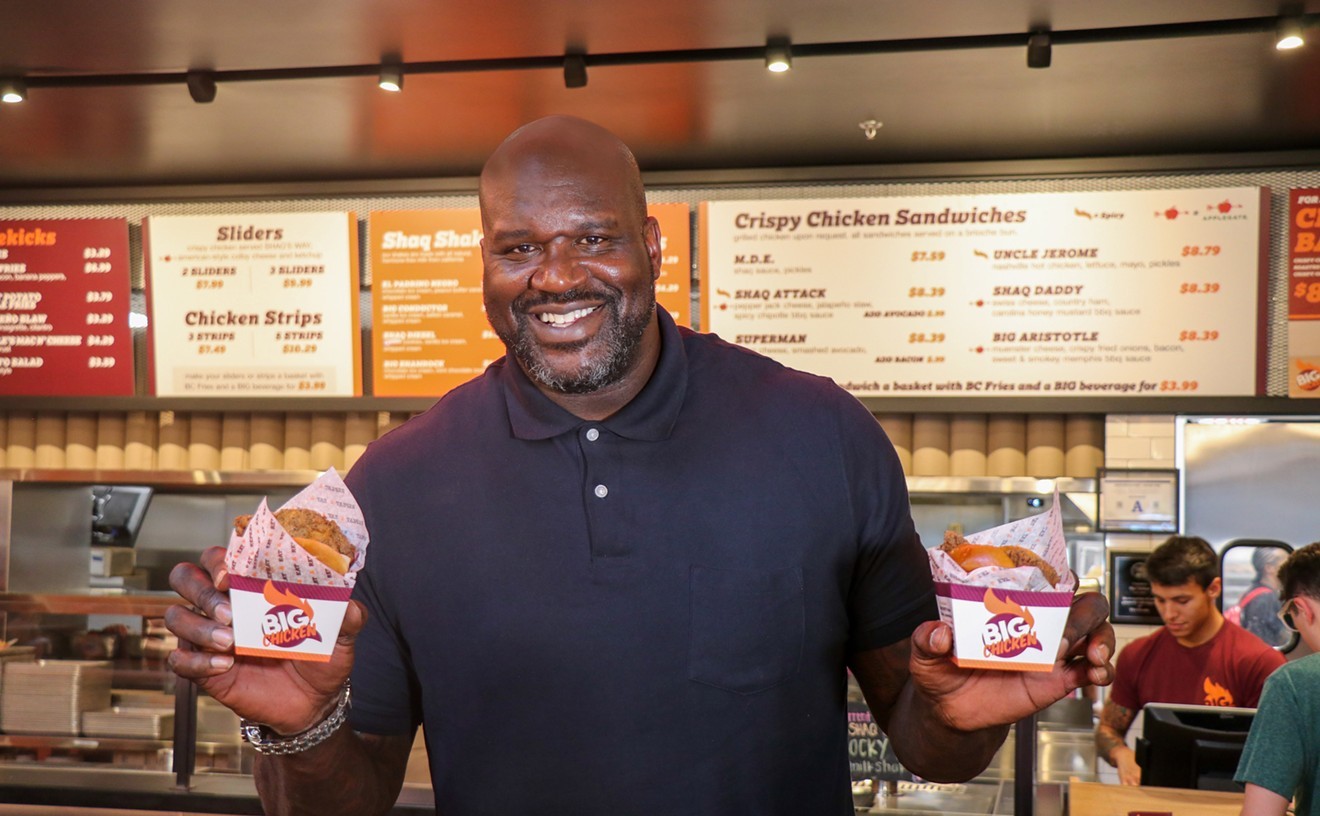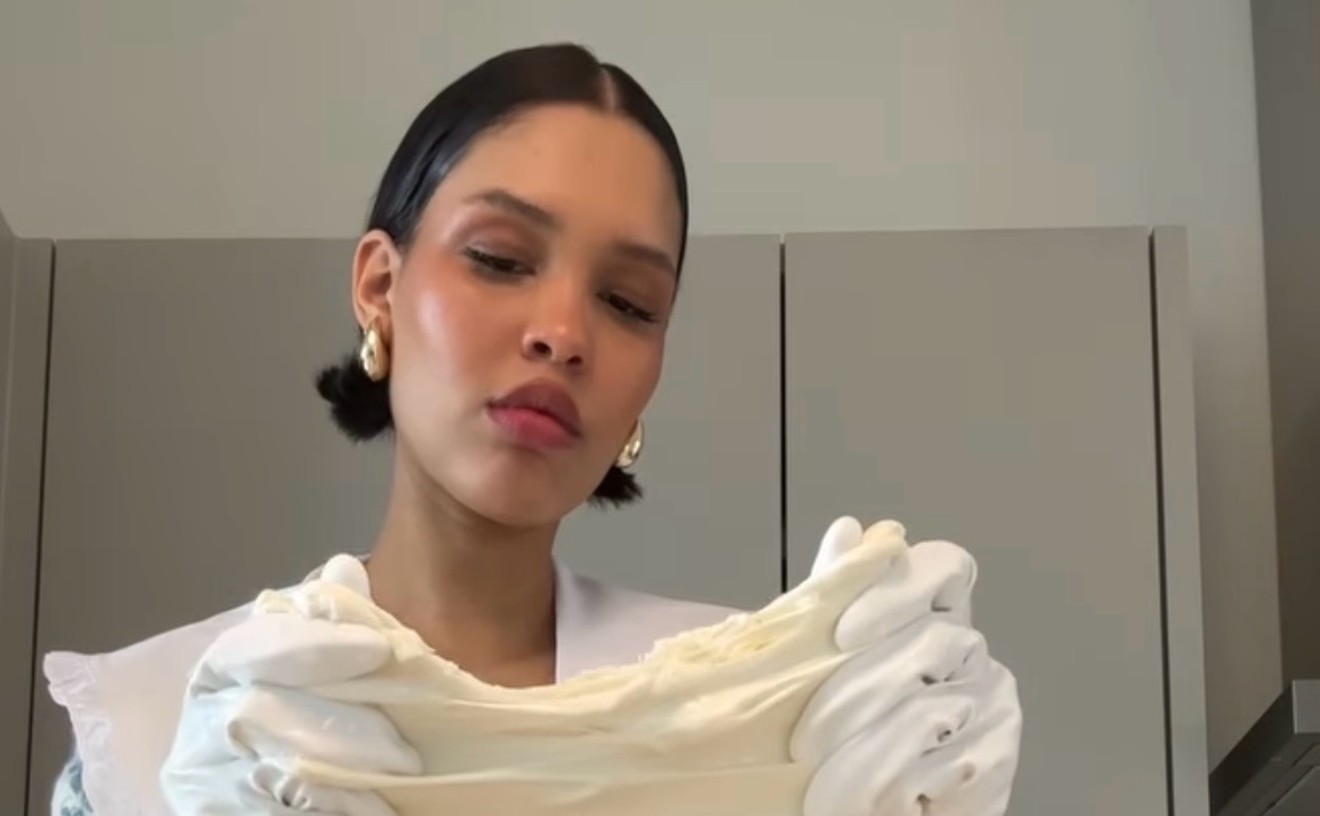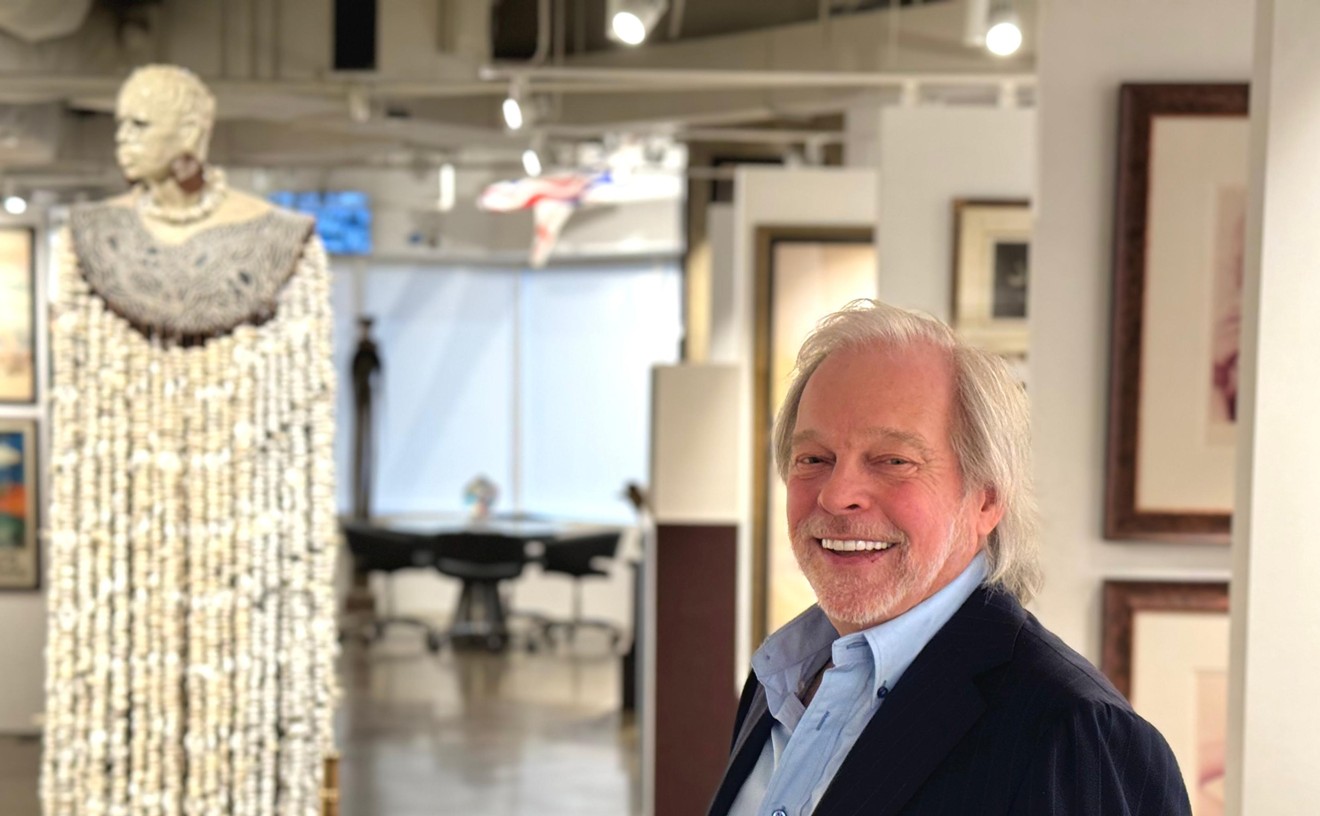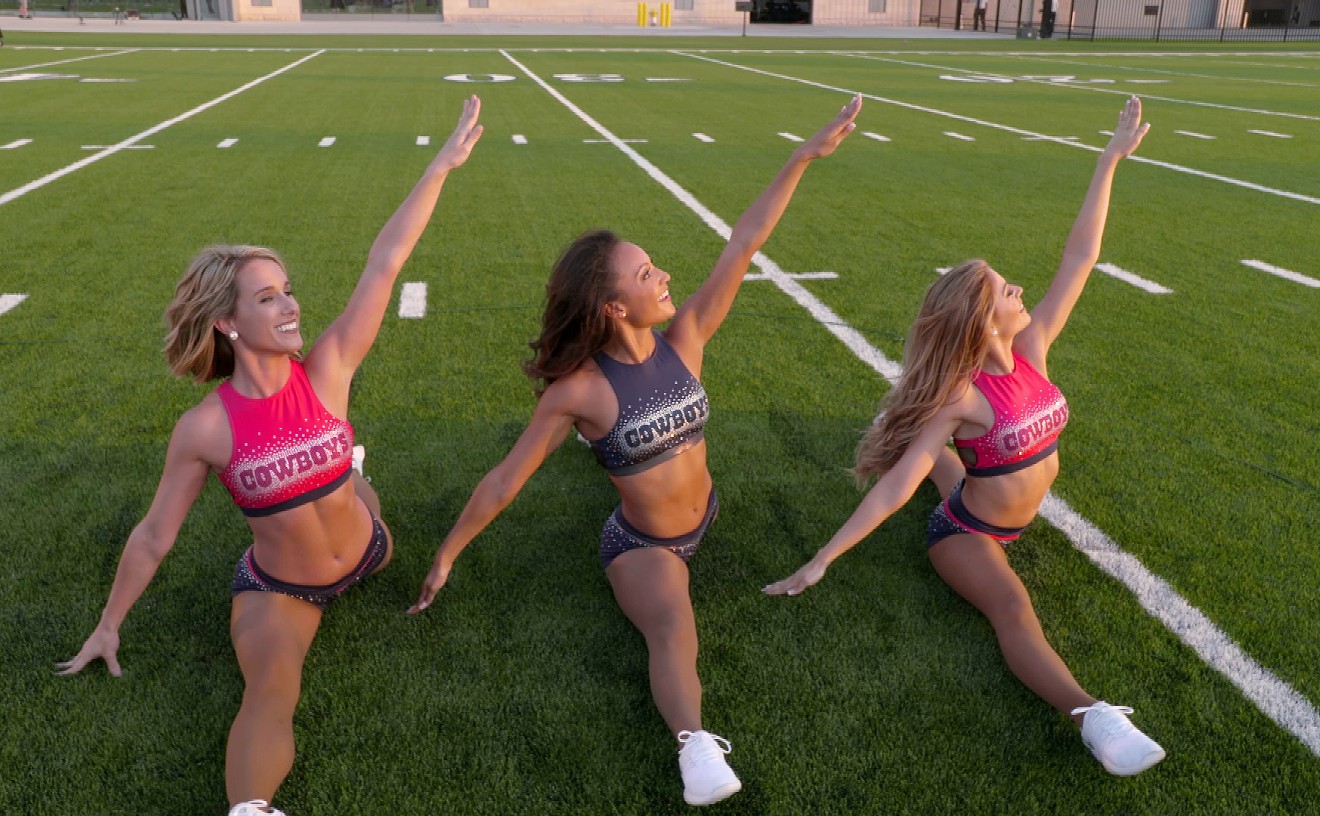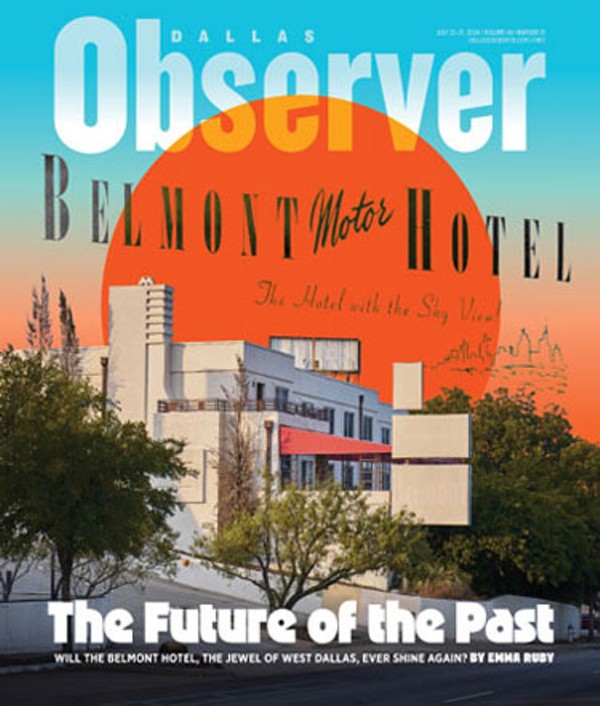According to numbers provided by DTC, of the 17,801 people who attended a performance at the theater last year, 74 percent were older than 35 and 60 percent were older than 45.
According to the latest report by the National Endowment for the Arts Survey of Public Participation in the Arts, the country's change in demographics has led to an overall decline in performing arts attendance.
“For all age groups, 2012 participation rates were markedly lower than 2002 rates," the report reads. "In the past decade, the only group to show an increase in performing arts attendance was adults aged 65 to 74. Their rates of attendance at classical music, opera, musicals and non-musicals were significantly higher in 2012 than in 2002.”
Performing arts organizations have long recognized the need to attract younger audiences that will someday support them financially. In addition to retaining their current audiences, Dallas Symphony Orchestra, Fort Worth Opera, Dallas Theater Center and WaterTower Theatre target two distinct demographics to expand their audiences: millennials and children.
About 71 million young people fall into the group commonly referred to as millennials. Pew Research Center categorizes anyone born from 1981-96 (ages 22-37 in 2018) as a millennial and says, “Millennials are on the cusp of surpassing baby boomers as the nation’s largest living adult generation.”
Hoping to make an audience of this growing demographic, arts organizations develop targeted digital marketing campaigns. To promote its last two shows, WaterTower Theatre in Addison made videos starring cast members and posted them online. Artistic director Joanie Schultz says that she was hired to aid in WaterTower’s mission to build a younger, more diverse audience.
“We want to show millennials that you belong here if you like things that are funny and anachronistic and unique," Schultz says. "We have rebranded the company with images that are contemporary and exciting, trying to capitalize on the fact that most of the images that people take in today are visual.”“We want to show millennials that you belong here if you like things that are funny and anachronistic and unique." – Joanie Schultz
tweet this
In Millennials Rising, Neil Howe and William Strauss write that as a group, millennials are less materialistic and place a greater value on experience. Hoping that an interactive experience will persuade young people to attend the theater or concert hall, musicians do meet-and-greets and actors participate in talk-backs. In August, WaterTower plans an immersive production of the Tony-nominated show Hand to God, which features a foul-mouthed puppet. Guests can arrive early, have a drink and make sock puppets.
In its effort to make opera more accessible, the Fort Worth Opera leaves its home at Bass Performance Hall and takes classical pieces and arias to local bars and gastropubs.
“We have been doing pop-up style concert events called Opera Shots at bars across DFW since 2010," says Ryan Lathan, marketing and communications manager. "Since then, it's kind of taken off around the country, with other opera companies incorporating it into their outreach.”
Tickets prices might also be a barrier when it comes to millennials attending arts events. The Motley Fool website reports that millennials earn 20 percent less than their parents did at the same age. Hoping to overcome that, many organizations offer reduced ticket prices and add value to the ticket price by offering receptions before and after events.
“Millennials want the whole package," Wilborn says.
A study by agency M&C Saatchi called "Risk, Realism & Ritalin" reports that millennials are a “more risk-averse and pragmatic generation than those that have gone immediately before them.”
Kim Noltemy, president and CEO of the Dallas Symphony Orchestra, has observed this trend.
"They do their research, and they aren’t coming without knowing exactly what they are getting into," she says.
Joe Illick, Fort Worth Opera artistic director, emphasizes the need for more topical relevance in programming. He says when the subject matter includes current events, whether social, political or psychological, more millennials show up.
“The traditional older audience is happy with a beautiful Puccini, but the story doesn’t have to reach them," he says. "When we do a show that speaks to people’s lives or that interfaces with the news of the day, it seems to really draw the younger age group. Abuse, war, psychological issues are really interesting to the young audience.”
“Millennials want the whole package." – Morgana Wilborn
tweet this
DTC’s Wilborn sees a younger audience when shows deal with timely stories about young people or issues of gender or immigration.
Illick says right now the older patrons are the opera's donor base.
"They have a history of philanthropy," he says.
Noltemy says DSO's subscribing patrons provide the majority of the orchestra's funding. Their average age is 58.
To ensure they have donors in the future, arts organizations have begun marketing toward children and millennials with children.
For those millennials with children, companies are beefing up family programming so they don’t lose people once they have kids. A Christmas Carol at DTC and the family film series and holiday concerts at DSO are geared to families and offer activities for children before and after shows.
Capturing millennials is one part of getting young people into the audience pipeline. The rest involves children as young as preschool age.
According to the National Endowment for the Arts, “Adults who attended performing arts or visited museums as children were three to four times as likely to see shows or visit museums as adults. Exposure to the arts in childhood turns out to be a stronger predictor of adult arts participation than education, gender, age, or income.”
School may be the first place that children from less affluent families receive arts exposure. In recent years, budget constraints have limited arts programs in some schools. Austin’s Center for Public Policy Priorities reported that “school districts were forced to reduce spending on all educational programs at all grade levels in 2011 due to the loss of the American Recovery and Reinvestment Act funding and then again after the Legislature cut $5.3 billion from public education funding.”
Arts organizations willingly fill some of the gap. Most have departments with sizable budgets that are exclusively devoted to education. The Dallas Symphony’s education and outreach budget for fiscal year 2019 will be about $1,700,000. Noltemy says the DSO plans to deepen its commitment to the children of Dallas.
"In the next month, we will unveil a new initiative that involves a five- to 10-year-long ongoing relationship with two of Dallas’ most underserved areas," she says.
For more than 30 years, DTC’s Project Discovery has been providing educational programming to students, many of whom are considered at-risk.
Sheran Keyton, Fort Worth Opera’s coordinator of educational outreach, says in the last few years, the opera has received an increase in educational grants. With that money, it takes small portable performances into the schools.
Many local arts groups provide educational materials and teacher training. Some take performers into the schools and bring students to theaters, and offer workshops and summer camps to kids. DTC has acting, musical theater and playwriting classes for kids ages 9-18 during its three-week Summer Stage camp, and WaterTower Theatre’s Playmakers is a two-week program in which students create an original piece of theater. DSO also offers its Young Strings program for both violinists and cellists in August.
Keeping children engaged creates a new set of challenges for arts companies. Kids have short attention spans, and that is amplified by increased time spent in front of screens.
"It’s really a philosophical question: Are they thinking about right now or are they thinking about the future?" – Kim Noltemy
tweet this
"Fort Worth Opera's children's programming is varied and fast-paced, mirroring what they are getting online or when playing video games," Keyton says, "but maintains artistic standards. Performances for children are broken up by movement, dance, and call and response interactions, so children are not sitting idly but are being involved in the action.
"When a child’s first interaction with opera and classical music is positive, you have created a future patron."
Noltemy says getting millennials to arts events is a long-term process that requires consistency.
"You put all this time and money into developing the audience of the future, and the financial payoff can be years down the road," Noltemy says. "But if they spend marketing dollars to attract the traditional audience, they will come. It’s really a philosophical question: Are they thinking about right now or are they thinking about the future?"

